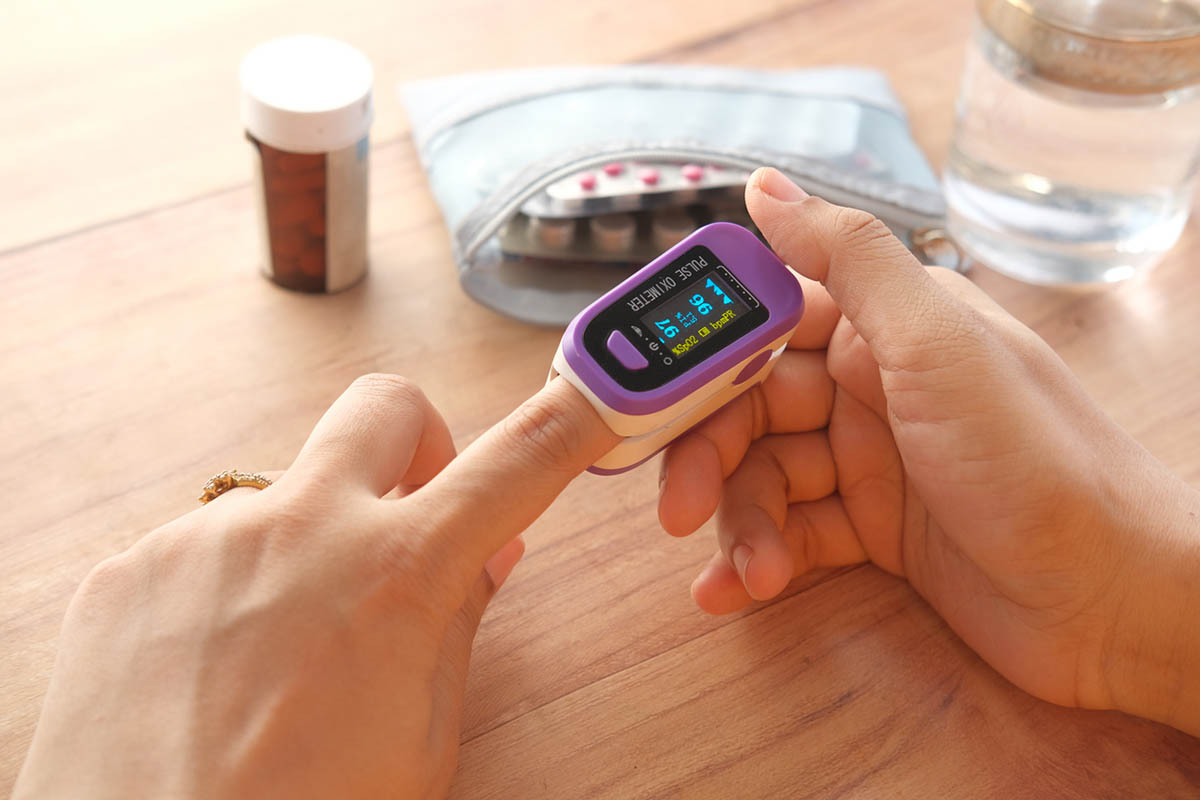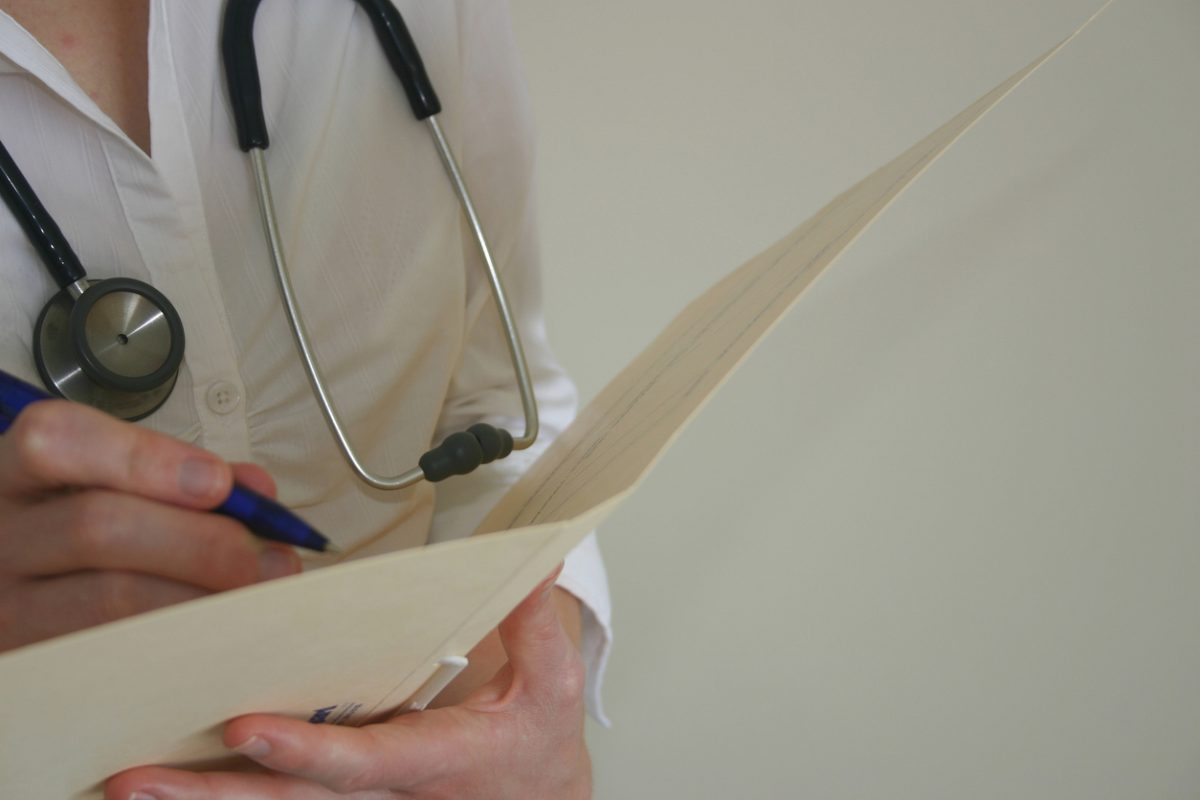Background: Retrospective data analyses wereconducted of a single-blind trial of 993 outpatients withnonpsychotic major depression (DSM-III-R) treated for 12 weekswith nefazodone to provide a more specific picture of the natureand timing of response or remission to acute-phase treatment.
Method: All patients participated in asingle-blind, 16-week lead-in to obtain responders eligible for asubsequent double-blind, randomized continuation phase trial.Outcomes were defined by the 17-item Hamilton Rating Scale forDepression (HAM-D). A >= 50% reduction from baseline definedresponse, and a total HAM-D exit score of <= 8 definedremission.
Results: Of all patients who entered the trial,41.8% (last observation carried forward) responded at or beforeweek 4 (early responders), and an additional 25.2% respondedthereafter; 18.3% achieved remission at or before week 4; 33.6%achieved remission after week 4. Thus, 77.3% of those respondingultimately remitted. On average, remission followed response by 2weeks. The average end-of-treatment dose was 376 mg/day at exit(last observation carried forward). Responders or remitters (asopposed to nonresponders or nonremitters) had lower baselinedepressive symptomatology and were more likely to be married orcohabiting.
Conclusion: The full symptomatic benefit ofantidepressant medication may not be apparent until completion ofan 8- to 10-week trial. A high number of responders ultimatelyattained remission. Baseline demographic and clinical featureswere not highly predictive of who would or would not benefit fromnefazodone. For routine care, a minimal acute-phase trial, usinga 50% reduction in baseline symptom severity to define response,should be 8 weeks. Whether ultimate nonresponders can beidentified earlier than 8 weeks deserves further study.
Author Affiliations

Enjoy free PDF downloads as part of your membership!
Save
Cite



